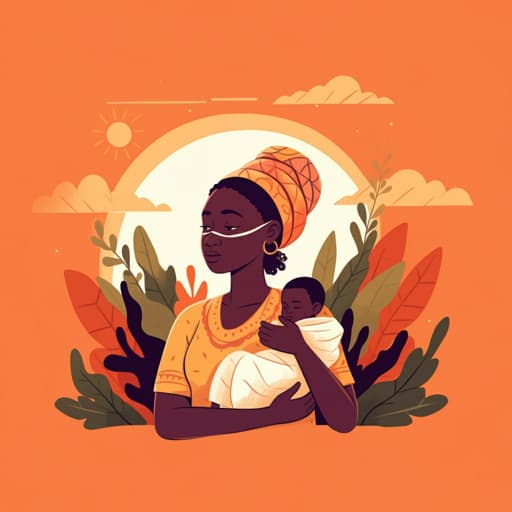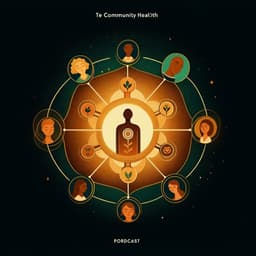
Medicine and Health
Challenges Faced by Pregnant Women and Postnatal Mothers in Seeking MCH Care During the COVID-19 Pandemic in Odisha, India
R. M. R. C. Bhubaneswar, I. M. R. Centre, et al.
This qualitative study conducted by the Regional Medical Research Centre Bhubaneswar, ICMR-Regional Medical Research Centre, and UNICEF unveils the accessibility challenges faced by pregnant women and new mothers in Odisha during the COVID-19 pandemic. Uncover the critical issues impacting Maternal and Child Health services and the vital role of community health workers amidst a health crisis.
Related Publications
Explore these studies to deepen your understanding of the subject.







